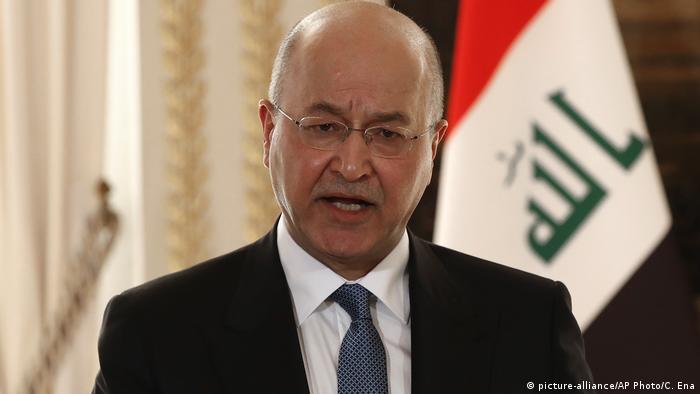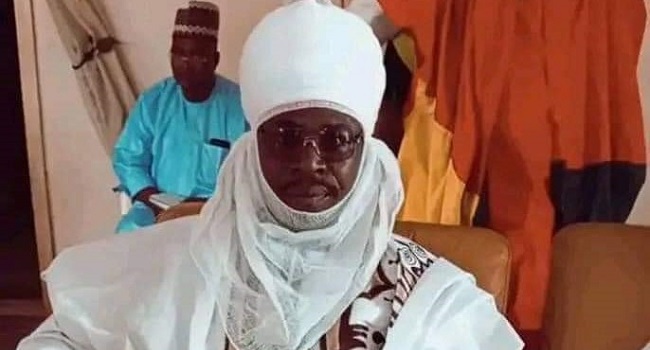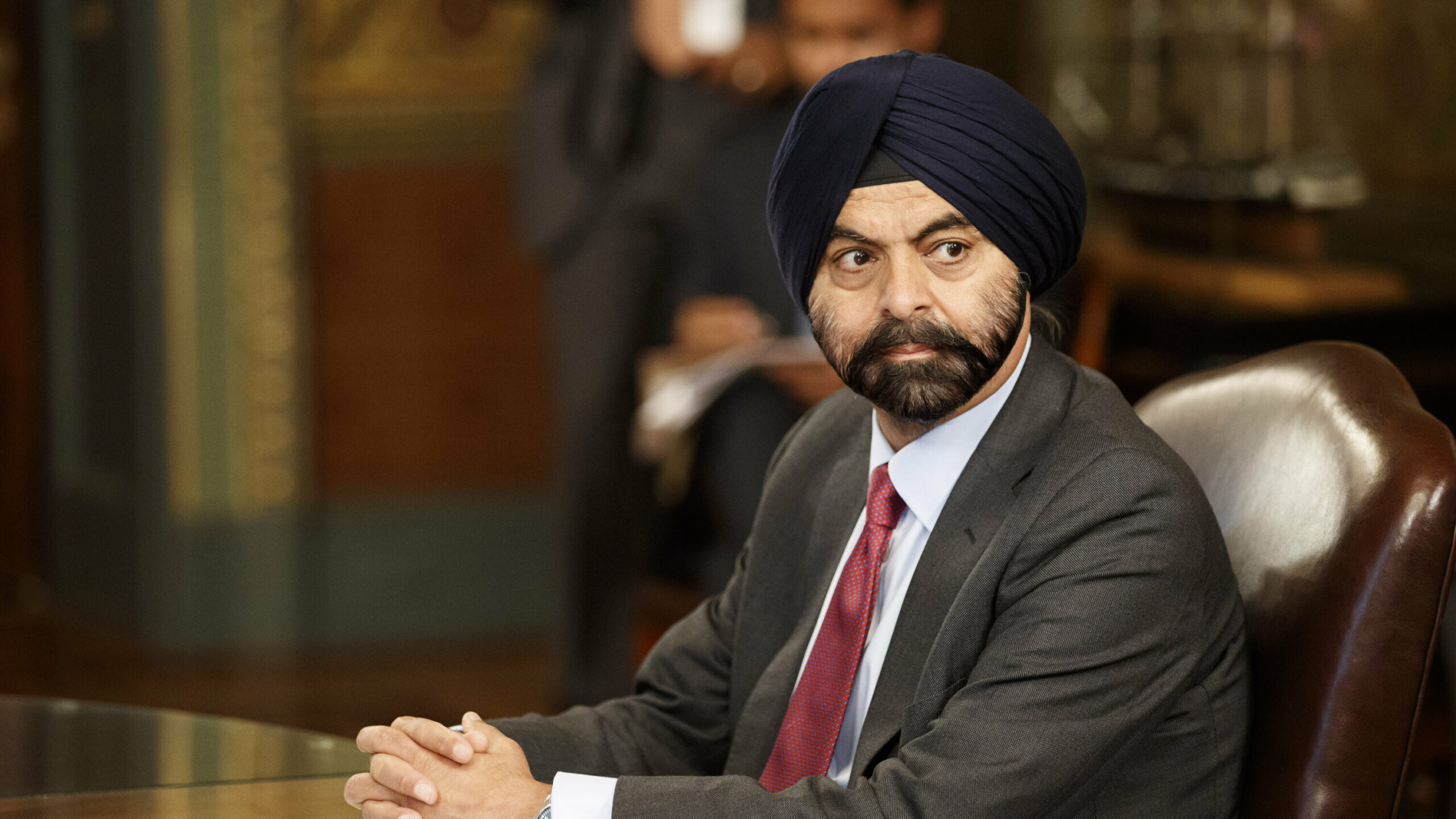Iraqi President Barham Salih has refused to designate the nominee of an Iran-backed parliamentary bloc as prime minister, saying he would rather resign than appoint someone to the position who would be rejected by protesters.
The Iranian-backed Binaa bloc, the largest in Iraq's Parliament, had nominated Basra Governor Asaad al-Eidani to be the next prime minister.
But Salih said in a statement issued by his office Thursday that appointing al-Eidani would not placate protesters demanding an independent prime minister with no party affiliation.
He said that because the constitution does not give him the right to reject nominees for the premiership, he was ready to submit his resignation to Parliament.
"Out of my desire to stop blood and maintain peace, and with due respect to Asaad al-Eidani, I refuse to nominate him," Salih said.
"Therefore I put my willingness to resign the post of president to members of Parliament so that they decide as representatives of the people what they see fit."
According to Iraq's constitution, the largest bloc in parliament is required to nominate the prime minister, who is then designated by the president.
A deadline to name a new prime minister has been missed twice over disagreements on which is the largest bloc in the parliament following last year’s elections.
According to Aljazeera, Al-Eidani's name was promptly rejected by Iraqi protesters, who poured into the streets on Wednesday calling for an independent candidate.
The report says Salih's statement could be seen as an attempt by the president to pressure other groups within Parliament to try to come up with an alternative candidate to al-Eidani.
His province, Basra, is home to 70 percent of Iraq's oil reserves and has been beset by anti-government protests over recent years, Jabbari said.
"It's a very wealthy province but despite that, the people that live there don't even have basic necessities such as clean running water all the time and electricity," Jabbari said.
"They've had enough of these politicians benefitting from the wealth that comes from their province, meanwhile the people don't see any of that money," he added.





















